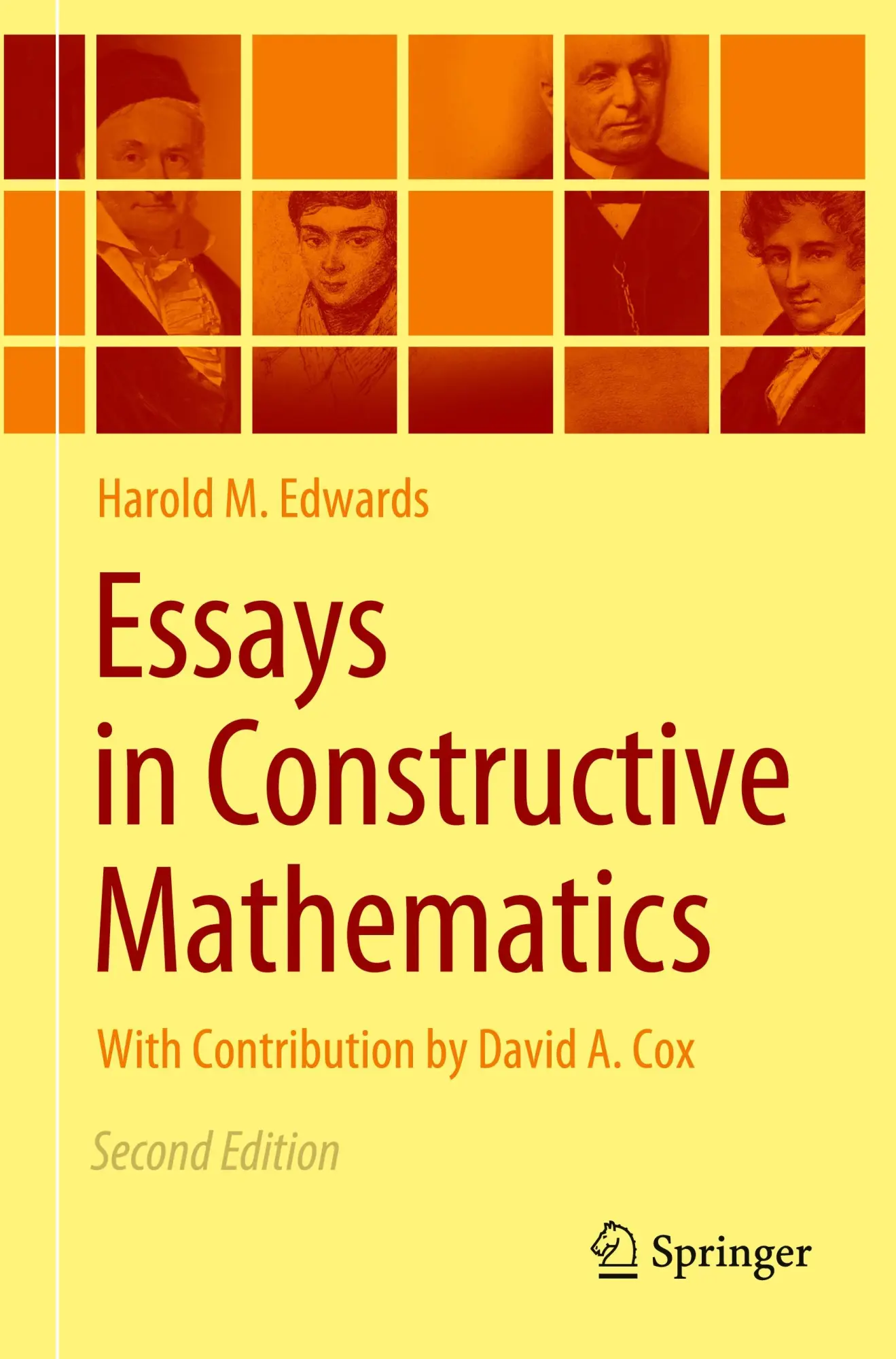Dekorationsartikel gehören nicht zum Leistungsumfang.
Sprache:
Englisch
40,40 €
Versandkostenfrei per Post / DHL
Lieferzeit 1-2 Wochen
Kategorien:
Beschreibung
2014 Reprint of 1954 American Edition. Full facsimile of the original edition, not reproduced with Optical Recognition Software. This two volume classic comprises two titles: "Patterns of Plausible Inference" and "Induction and Analogy in Mathematics". This is a guide to the practical art of plausible reasoning, particularly in mathematics, but also in every field of human activity. Using mathematics as the example par excellence, Polya shows how even the most rigorous deductive discipline is heavily dependent on techniques of guessing, inductive reasoning, and reasoning by analogy. In solving a problem, the answer must be guessed at before a proof can be given, and guesses are usually made from a knowledge of facts, experience, and hunches. The truly creative mathematician must be a good guesser first and a good prover afterward; many important theorems have been guessed but no proved until much later. In the same way, solutions to problems can be guessed, and a god guesser is much more likely to find a correct solution. This work might have been called "How to Become a Good Guesser."-From the Dust Jacket.
2014 Reprint of 1954 American Edition. Full facsimile of the original edition, not reproduced with Optical Recognition Software. This two volume classic comprises two titles: "Patterns of Plausible Inference" and "Induction and Analogy in Mathematics". This is a guide to the practical art of plausible reasoning, particularly in mathematics, but also in every field of human activity. Using mathematics as the example par excellence, Polya shows how even the most rigorous deductive discipline is heavily dependent on techniques of guessing, inductive reasoning, and reasoning by analogy. In solving a problem, the answer must be guessed at before a proof can be given, and guesses are usually made from a knowledge of facts, experience, and hunches. The truly creative mathematician must be a good guesser first and a good prover afterward; many important theorems have been guessed but no proved until much later. In the same way, solutions to problems can be guessed, and a god guesser is much more likely to find a correct solution. This work might have been called "How to Become a Good Guesser."-From the Dust Jacket.
Details
| Erscheinungsjahr: | 2014 |
|---|---|
| Fachbereich: | Grundlagen |
| Genre: | Importe, Mathematik |
| Rubrik: | Naturwissenschaften & Technik |
| Medium: | Taschenbuch |
| Inhalt: | Kartoniert / Broschiert |
| ISBN-13: | 9781614275572 |
| ISBN-10: | 1614275572 |
| Sprache: | Englisch |
| Einband: | Kartoniert / Broschiert |
| Autor: | Polya, George |
| Hersteller: | Martino Fine Books |
| Verantwortliche Person für die EU: | Libri GmbH, Europaallee 1, D-36244 Bad Hersfeld, gpsr@libri.de |
| Maße: | 235 x 155 x 30 mm |
| Von/Mit: | George Polya |
| Erscheinungsdatum: | 08.01.2014 |
| Gewicht: | 0,84 kg |

![Cover: 9781614275572 | Mathematics and Plausible Reasoning [Two Volumes in One] | Polya Cover: 9781614275572 | Mathematics and Plausible Reasoning [Two Volumes in One] | Polya](https://static.preigu.com/media/72/55/9781614275572-01.webp?ts=1754374955)











